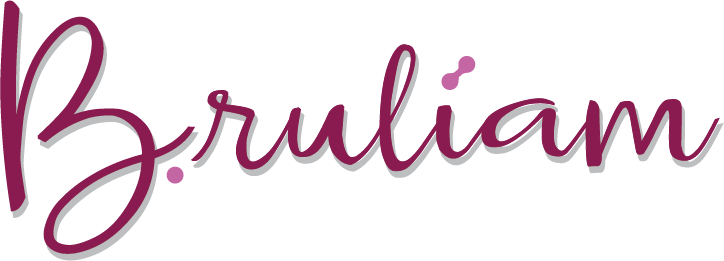Wine Education 101
A number of the questions we've been getting since launching this blog have been about our wine knowledge. In sum, they can be boiled down to, "how do you guys know so much about wine?" The answer to that question is: we don't.
Frankly, the amount of wine knowledge we don't possess would fill volumes. The words "wine", "expert", and "Overstreet" should only be uttered in reference to Dennis Overstreet (no relation, unfortunately), proprietor of the Wine Merchant shop in L.A. and author of Overstreet's New Wine Guide.
That said, anytime anyone has asked me how to go about learning more about wine, I offer the following three pieces of advice:
Taste - there is absolutely no substitute for tasting in order to learn about wine. Where I think a lot of people go off the rails is that they feel they need to learn the difference between good wine and bad wine. That's not the point. The point to tasting wine is to learn what you like and what you don't like. Kerith and I happen to prefer lighter wines - Pinots, Sauvignon Blancs, Rieslings, etc. We came to that understanding only after tasting our way though a myriad of other wines. We still appreciate and enjoy other heavier wines but if you put us on a desert island with only one wine choice, it would be Pinot. Once you establish what you like and dislike about certain types of wines, you can really begin to pinpoint your preferences and understand what makes "good wine" and "bad wine" for you. Only you can figure this out and the only way to figure it out is to start tasting.
Read - this is an area where a wine novice can get overwhelmed. There is so much information out there on wines, especially now with this newfangled thing the kids are calling the Internet. The point to reading, like tasting, is not to learn what someone else thinks is a good or bad wine. The point to reading about wine is to start to expand you scope of experience. If you like a certain type of wine, you may learn through a good wine book or magazine about that varietal being grown in other parts of the world or alternative varietals that are comparable. I always recommend one place to start the wine reading process - the Wall Street Journal. Yes, that's right, the Wall Street Journal. Tucked in between the stock charts and the daily headlines about the subprime mortgage mess, the husband and wife team of Dorothy Gaiter and John Brecher write their Tastings column that appears in the Friday edition (they also have a Wine Notes column in the Saturday edition). Their approach to wine and wine reviewing is open and engaging and they never assign any of those annoying numbered scores to a wine (I still don't know what the difference between a 91 point wine and a 93 point wine is!) Instead, every week they examine a particular type of wine (inexpensive American Chardonnay, for example) and taste a large number of them to give readers a sense of the overall quality of the wine type and what readers should be looking for on the shelf. I think their column is worth the price of a Wall Street Journal subscription alone, but if you're scared off by all that financial mumbo-jumbo, plunk down $1 this Friday and read their column in the "D" section. You may be hooked.
Travel - when we say that Wine Is Elemental, we mean it! Our best wine experiences have transpired during trips to wine producing regions of the world. We're obviously quite lucky to live in California with Napa, Sonoma, SLH, Santa Barbara, Anderson Valley, etc., but every state in the nation now produces wine (yes, even Hawaii and Alaska). Visiting a winery, meeting the people behind the wine, learning about the production process, and building your own personal memory around a particular wine with a loved one is really what wine and wine education is all about.
Don't Stop Learning - hmmm, I guess that's four points. I'll readily admit to knowing next to nothing about the wide world of wine. My expertise on French wines, in particular, is embarrassing. But one of the joys of wine is that there is always an opportunity to learn and taste new things. Just this past week we saw a Syrah Rose by the glass on a wine list in La Jolla. Having never tried one, we gave it a shot. It wasn't much to my liking, but Kerith thought it was bright and summery.
And that's the beauty of wine. It is an immensely personal and at the same time communal experience. It is worth putting in the effort to learn what you enjoy about wine.
And remember to always be open to new wines - you never know what those whacky winemakers may have up their sleeves!
